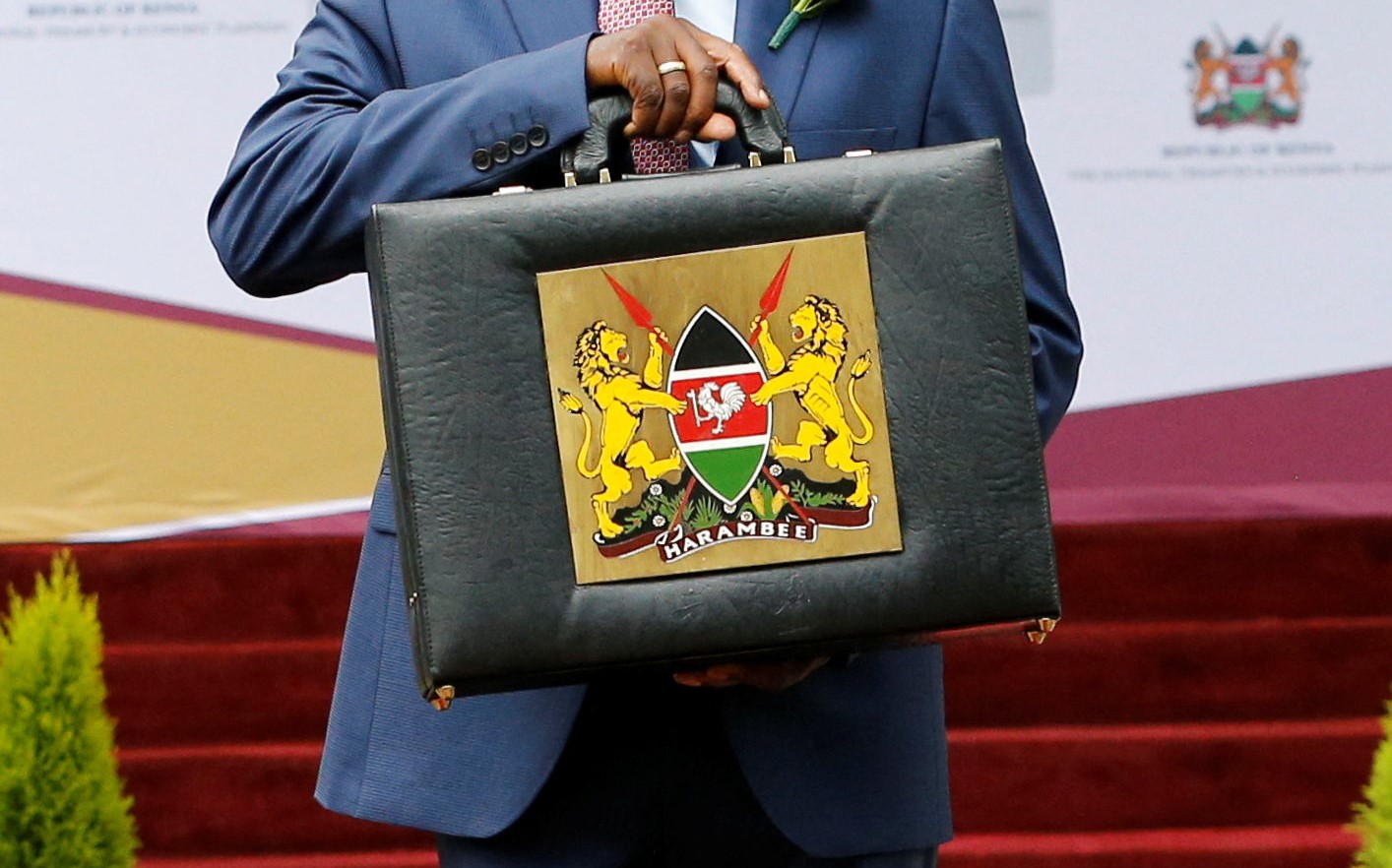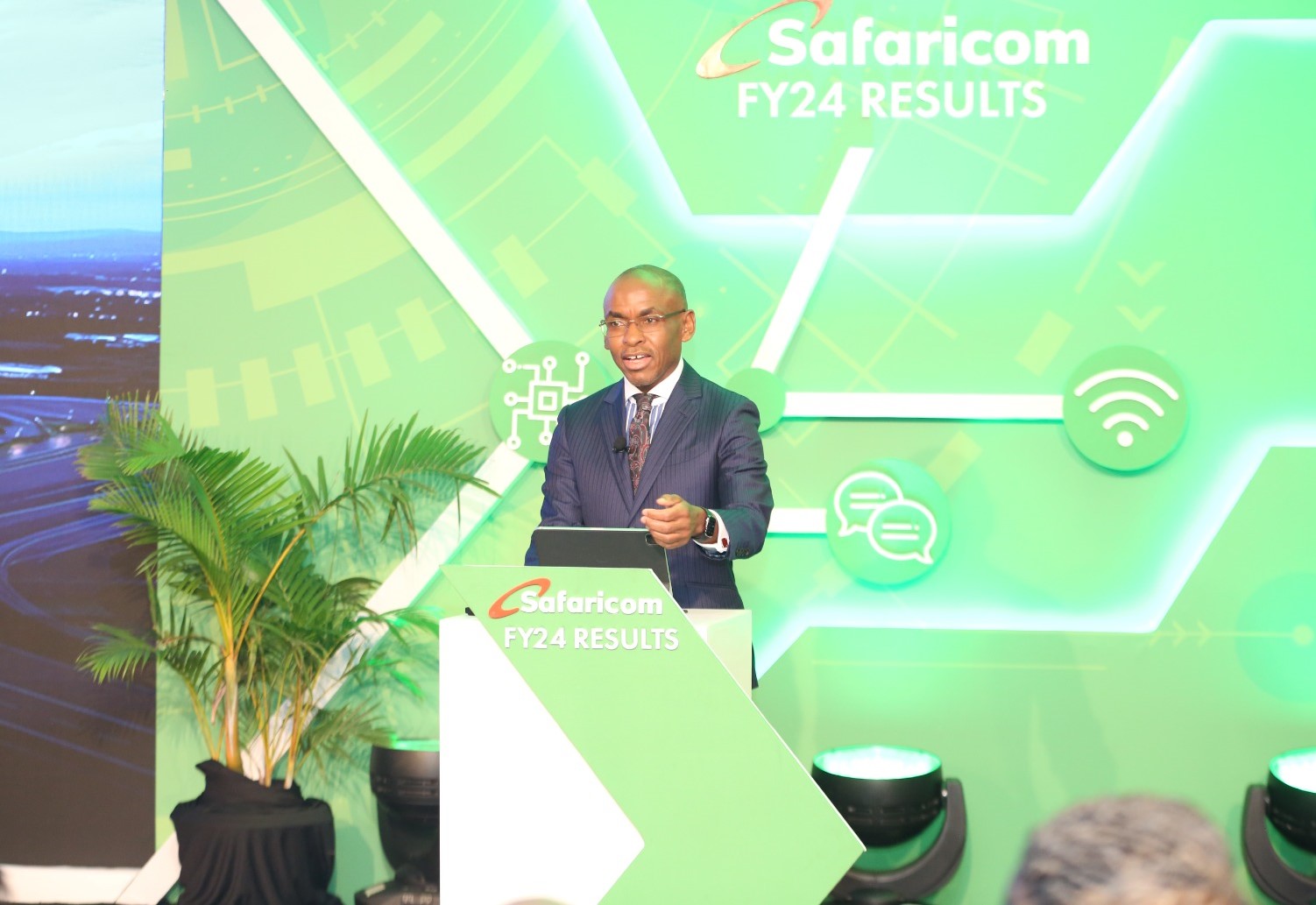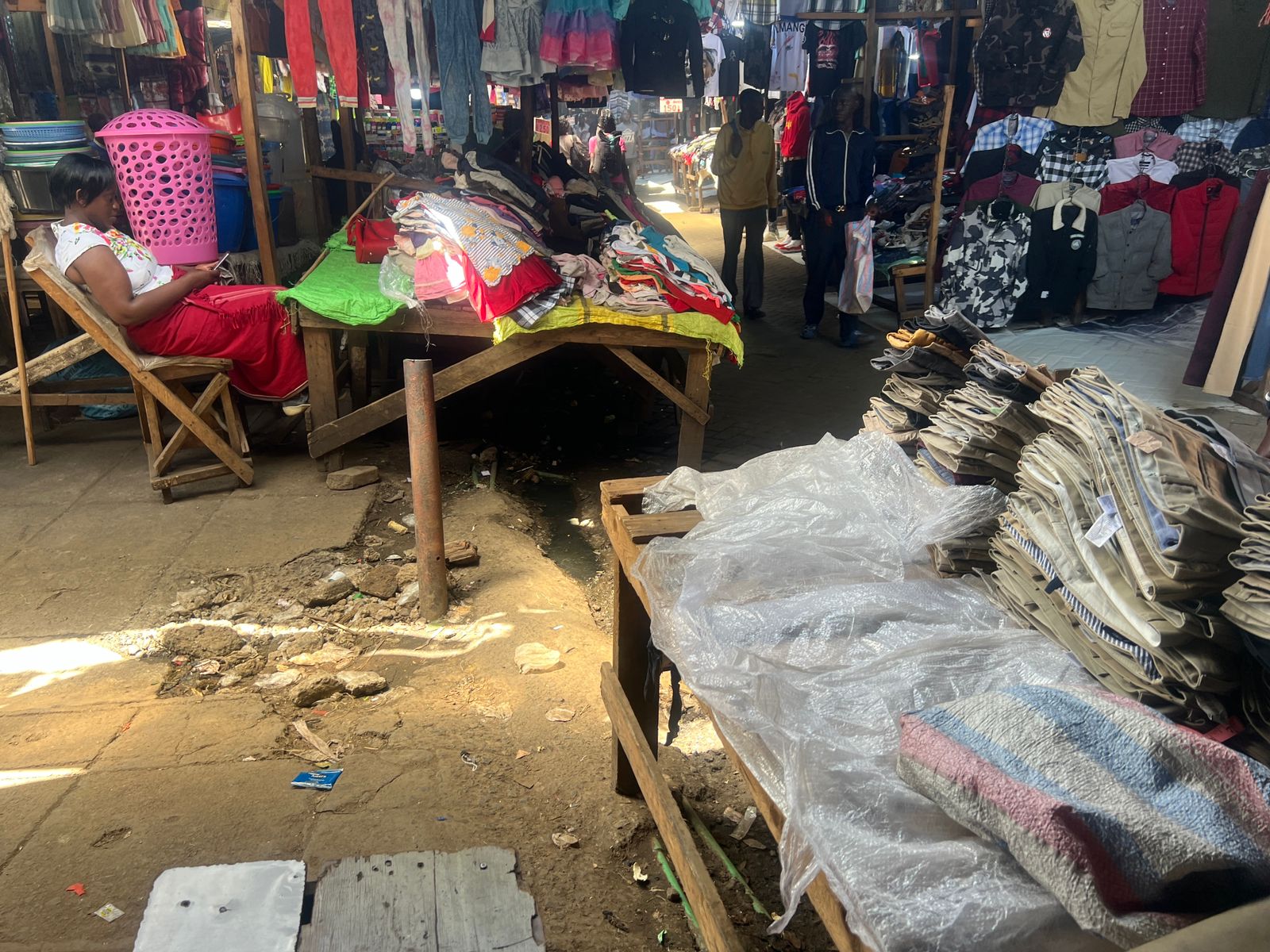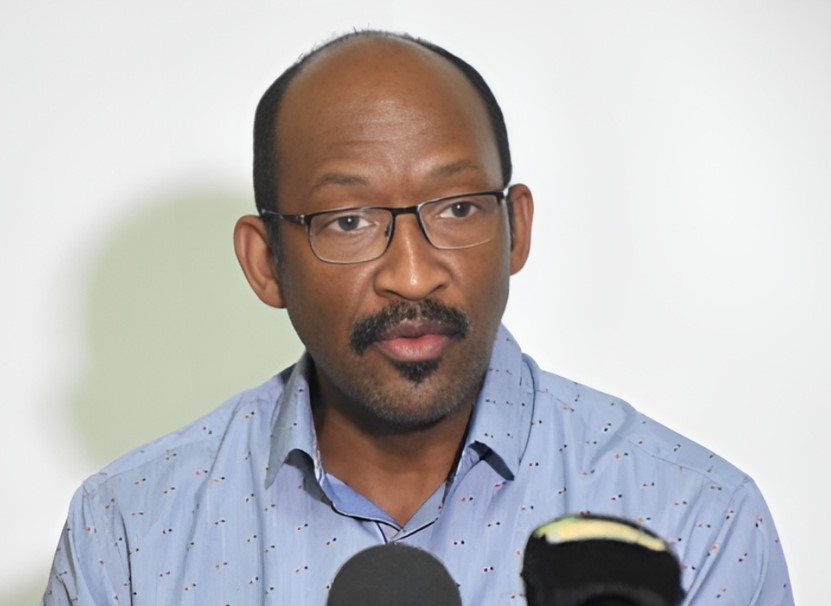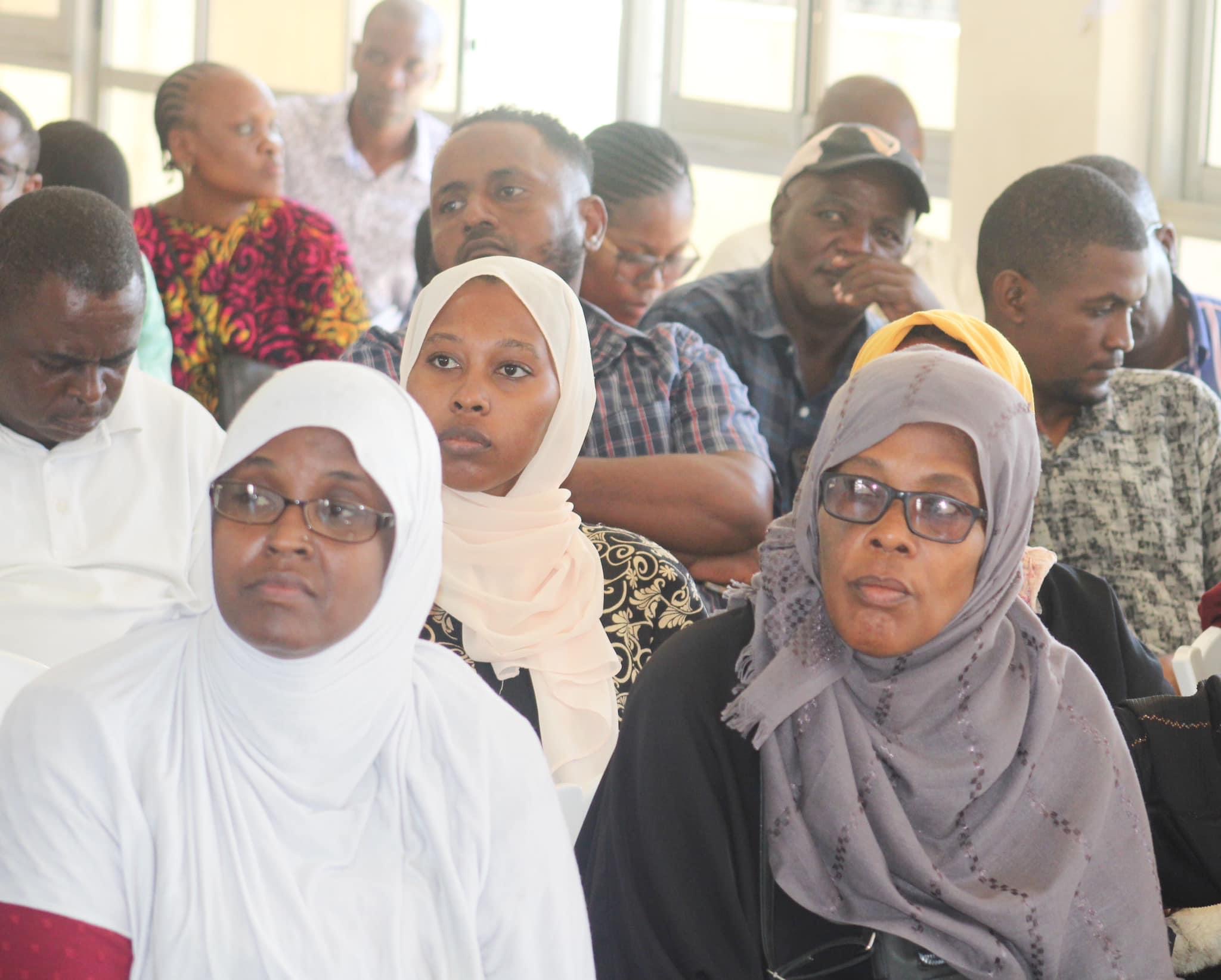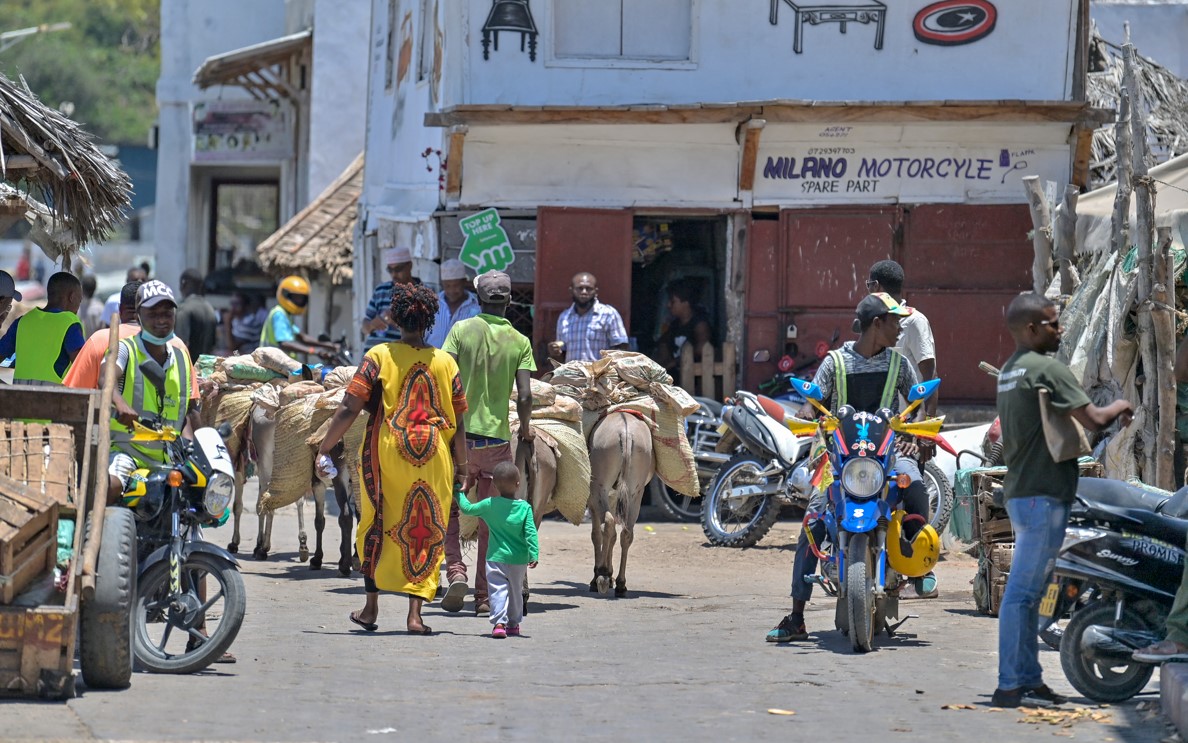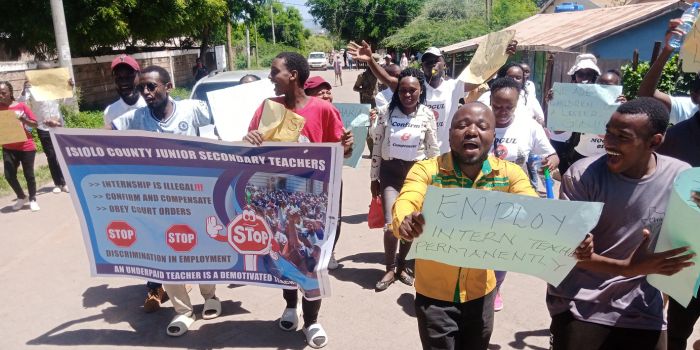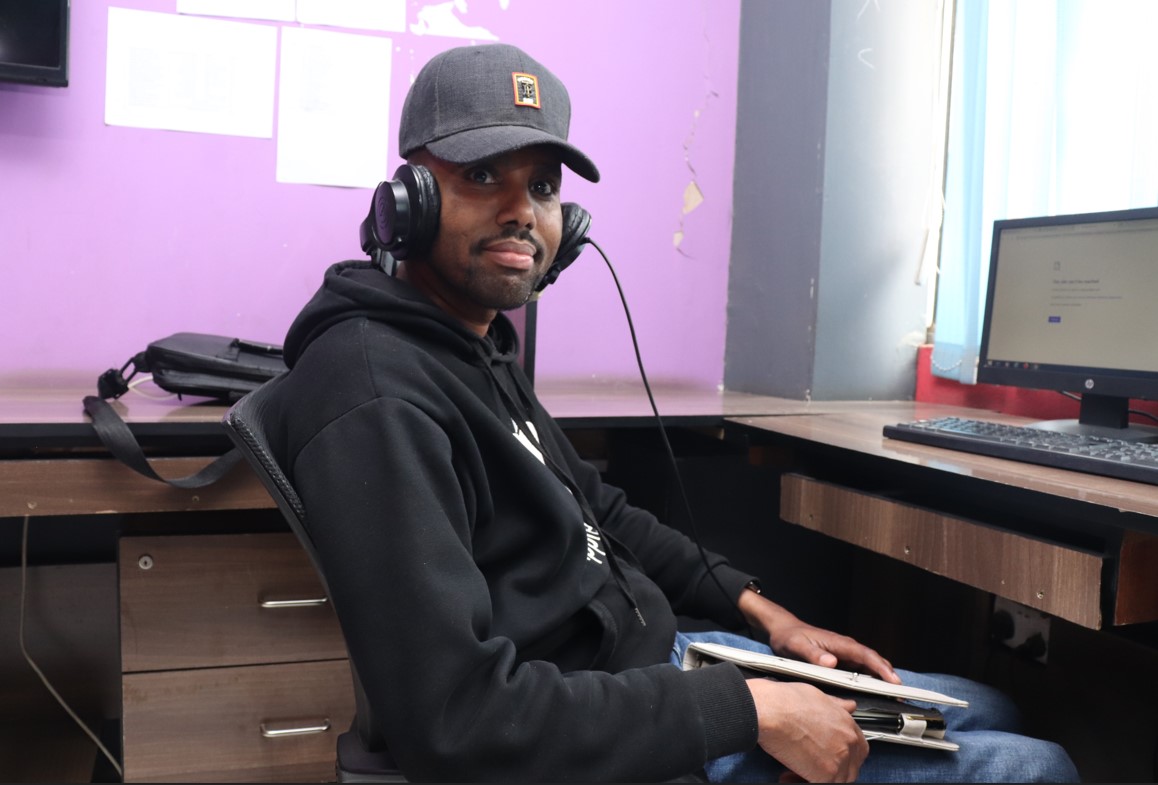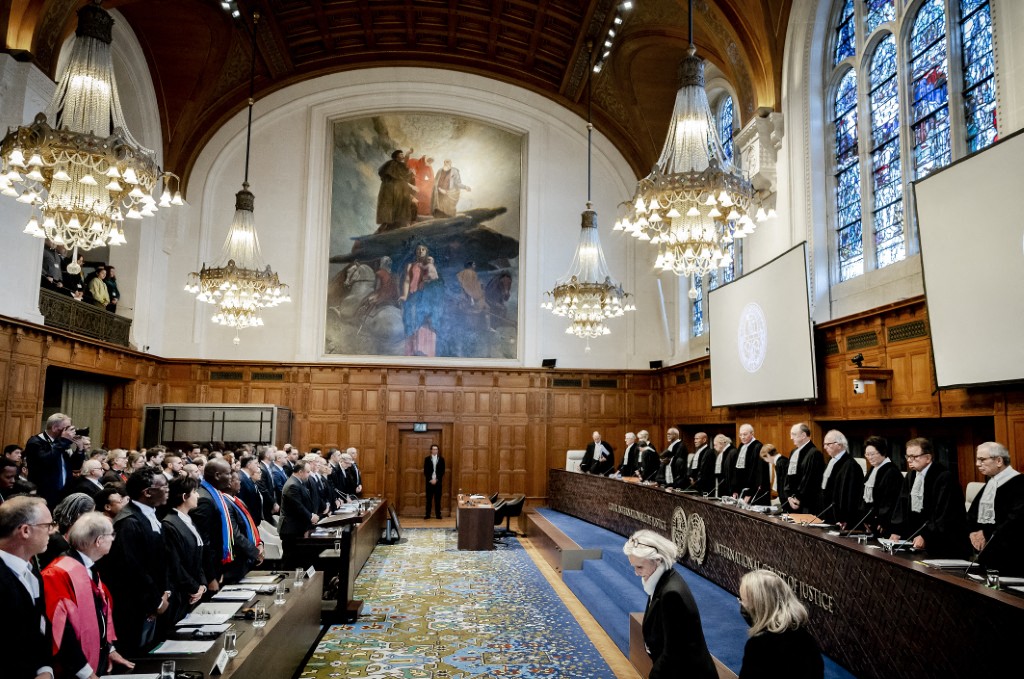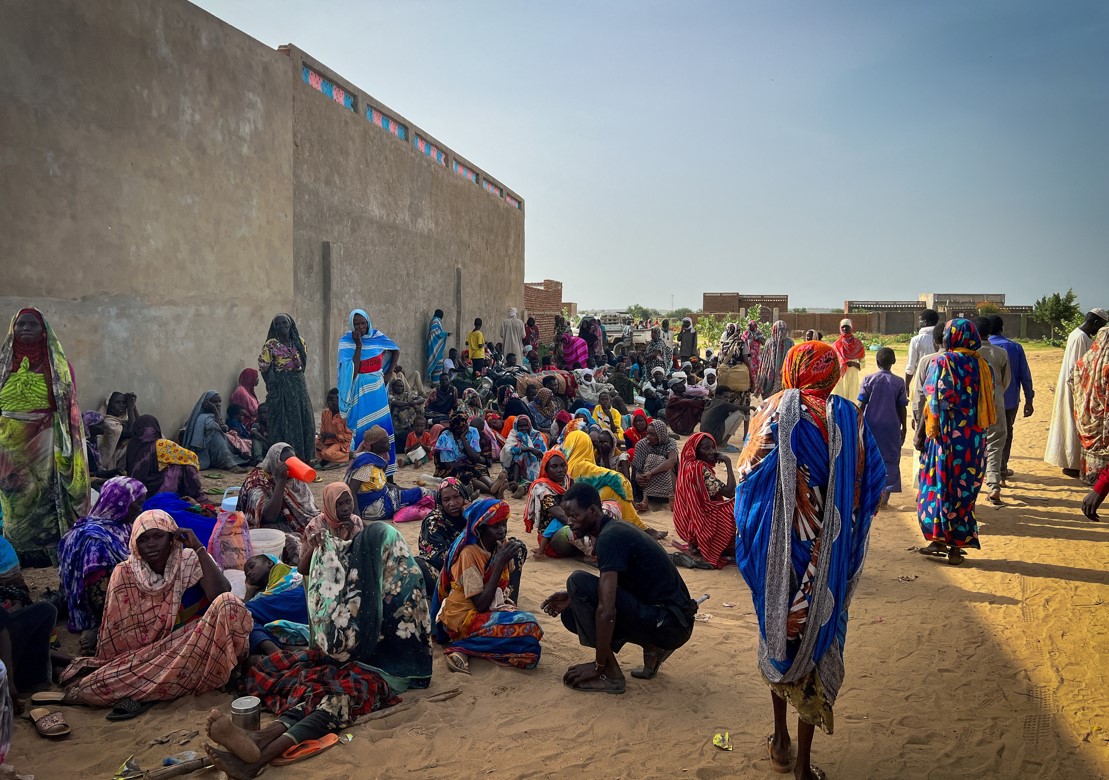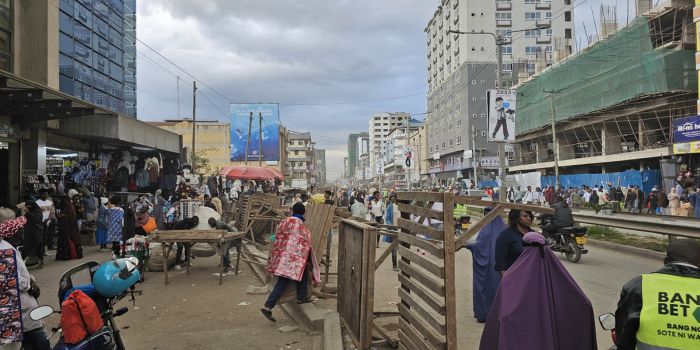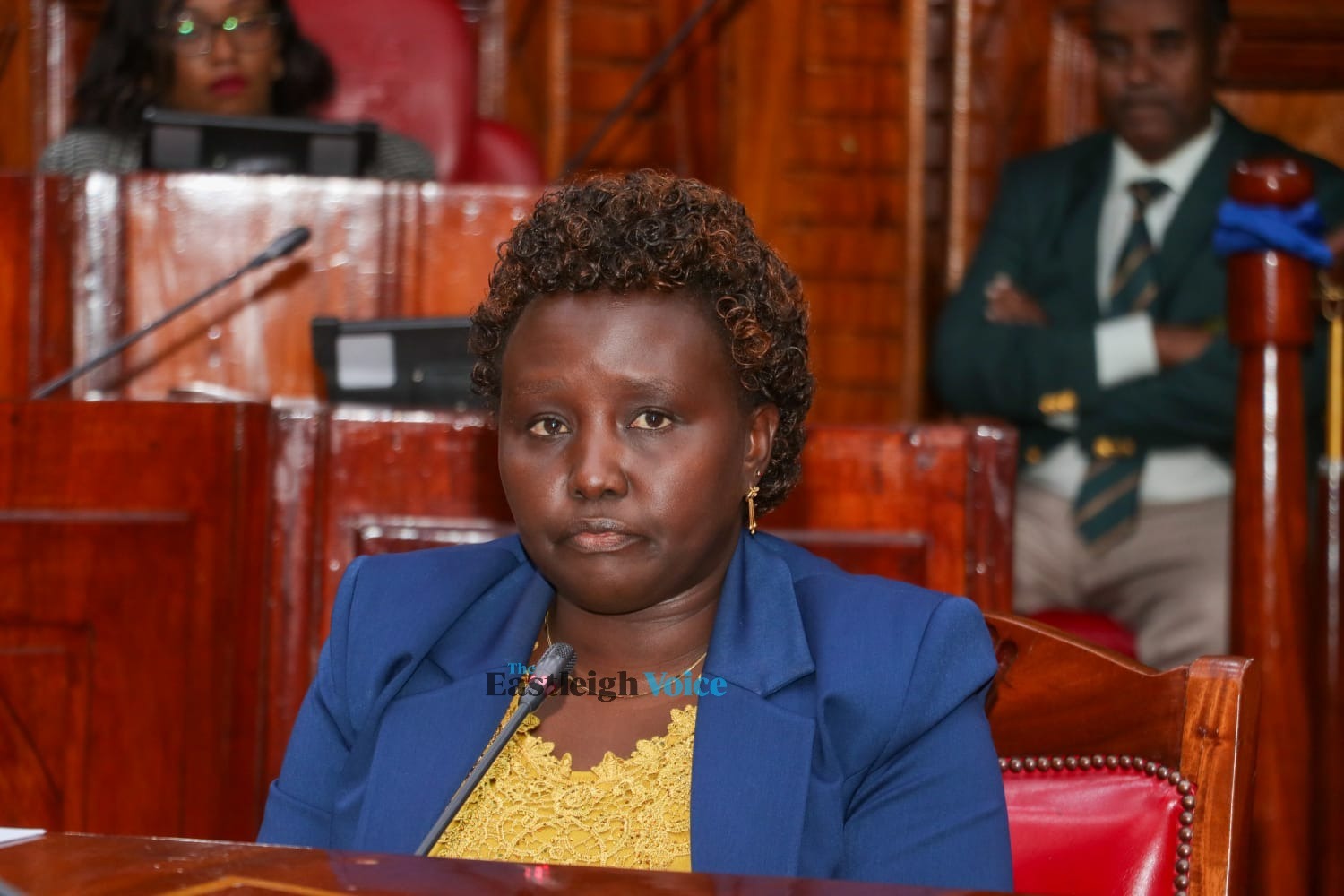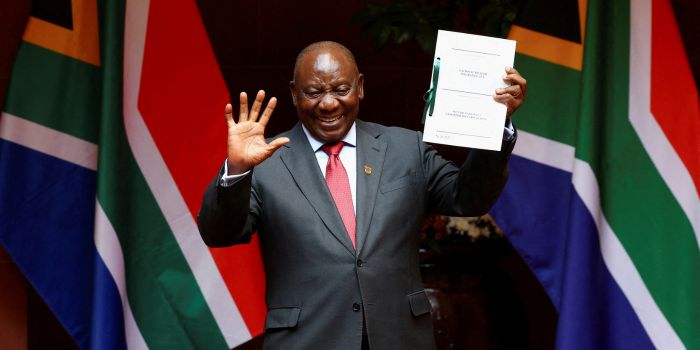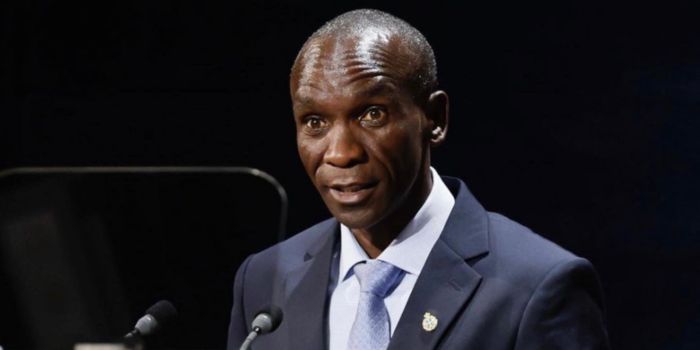Somalia postpones key meeting with federal states for 'technical reasons'

President Hassan invited federal state leaders to the meeting amid tensions triggered by recent constitutional amendments.
A key political meeting that had been set for Saturday to discuss issues of national importance to Somalia has been postponed for "technical reasons," according to a statement late on Friday by the prime minister's office.
President Hassan Sheikh Mohamud had invited Somalia’s regional state leaders to a consultative meeting in Mogadishu amid tensions triggered by recent constitutional amendments.
Related Stories
Come Friday, however, the PM's office issued a statement, saying, “This meeting, which was vital for fast-tracking state-building processes, in particular, the ongoing war against Al-Shabaab and the completion of the constitution and other key national priorities, has now been postponed."
Representatives from the federal states of Jubaland, Southwest, Hirshabelle and Galmudugat were largely expected to attend the meeting set for April 20–21.
The Puntland State was also invited but it cut ties with Hassan's government after the bicameral parliament passed a motion on March 30 approving amendments to four chapters of the Constitution. The president signed the amendments into law.
The four chapters introduced aspects including a five-year term limit for the president and reduced powers for the prime minister. The changes also introduced three nationwide political parties and stated that the next president would be selected via the direct, one-person, one-vote system.
Puntland said the four chapters were passed illegally and were a danger to national unity as they did away with the clan power-sharing system, a backbone of Somalia's unity after years of civil war and clan conflicts. Its officials vowed to never adhere to the new laws.
Contentious issue
The PM's office cited technical issues, but it emerged that the decision was made for lack of a quorum and displeasure by Jubaland, Southwest, Hirshabelle and Galmudugat at the central government's plan to manage federal-state elections.
Abdi Mohamed, a political analyst in Mogadishu, says the contentious issue between the four federal states and the government arose because they want to hold elections managed by a state commission appointed by them, not a national election body appointed by the government.
“Jubaland, Hirshabelle, Galmudug and Southwest State leaders are unhappy with the federal government's decision to have one national election commission to manage both the national and federal state elections. They want to organise their elections as soon as possible, while the national government wants them to extend their term for one-person, one-vote elections to happen all over Somalia,” Abdi observed.
In his opinion, the leaders believe that if a universal election takes place, they will likely be voted out, hence their insistence on holding indirect elections managed by a state body appointed by them.
“That’s the real reason why the leaders declined to attend the national consultative conference,” he said.
By press time, all four federal states had not yet issued statements on their positions on the matter.
Abdi further said Puntland's representatives were never expected to attend the meeting due to their disagreement with the government.
Under the previous constitution, the president appointed the PM but only parliament could dismiss him via a two-thirds vote of no confidence.
Somalia is one of the most politically divided nations following years of civil war. Since the formation of the federal government in 2004, the leaders in Mogadishu have struggled to assert their authority in the federal states, largely due to the clan power-sharing system.
President Hassan has been trying to change the system using the constitutional changes recently passed by parliament.
All eyes are now set on how the federal government will manoeuvre out of the resultant political standoff brought about by the constitutional changes that have divided the country and are threatening to derail national priorities like the war on Al-Shabaab insurgents.
Top Topics This Week
miraa
muguka
under 18 years
banned substances
foreign ministry kenya
Prime Cabinet Secretary Musalia Mudavadi
kenya missions abroad
Eastleigh Business District Association
eastleigh hawkers
Mohamed Yusuf Haji Avenue
nairobi city askaris
kenya passports
passports backlog kenya
Maisha Card
Immigration Principal Secretary Julius Bitok
passport delays
passport printing kenya
immigration office kenya
1994 Rwandan genocide
rwanda genocide suspects
Trending

Mombasa and Embu counties agree to regulate sale of muguka and miraa to minors
Farhiya Hussein
|
19 hours ago

Garissa set to host Northern Frontier's first industrial park as state releases funding
Barack Oduor
|
2 days ago
EGYPT-UN-PALESTINIAN-ISRAEL-CONFLICT-BORDER-AID
Dennis Tarus
|
6 months ago
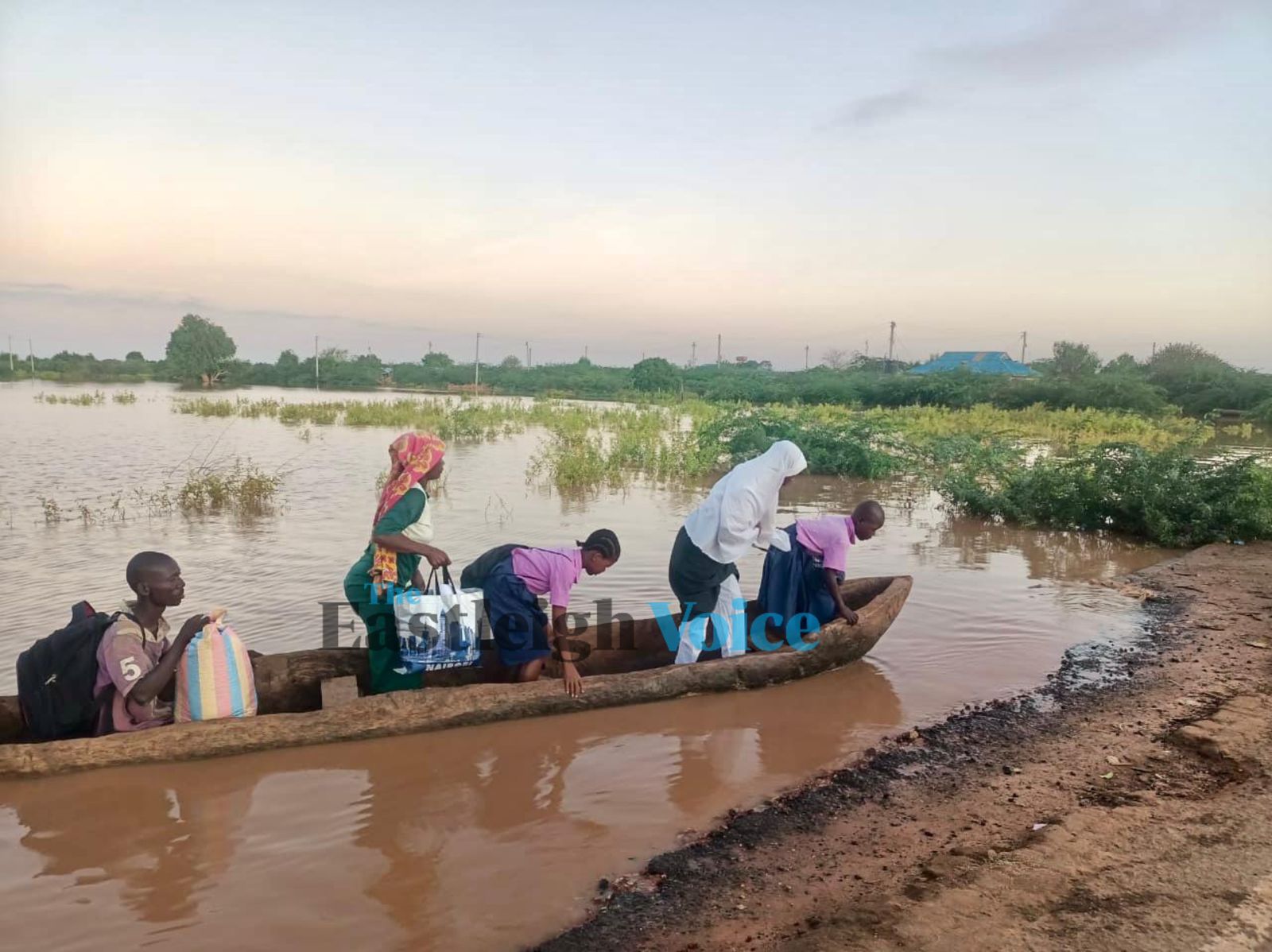
Learners report back to school across the country after floods delay
Eastleigh Voice Team
|
3 days ago



